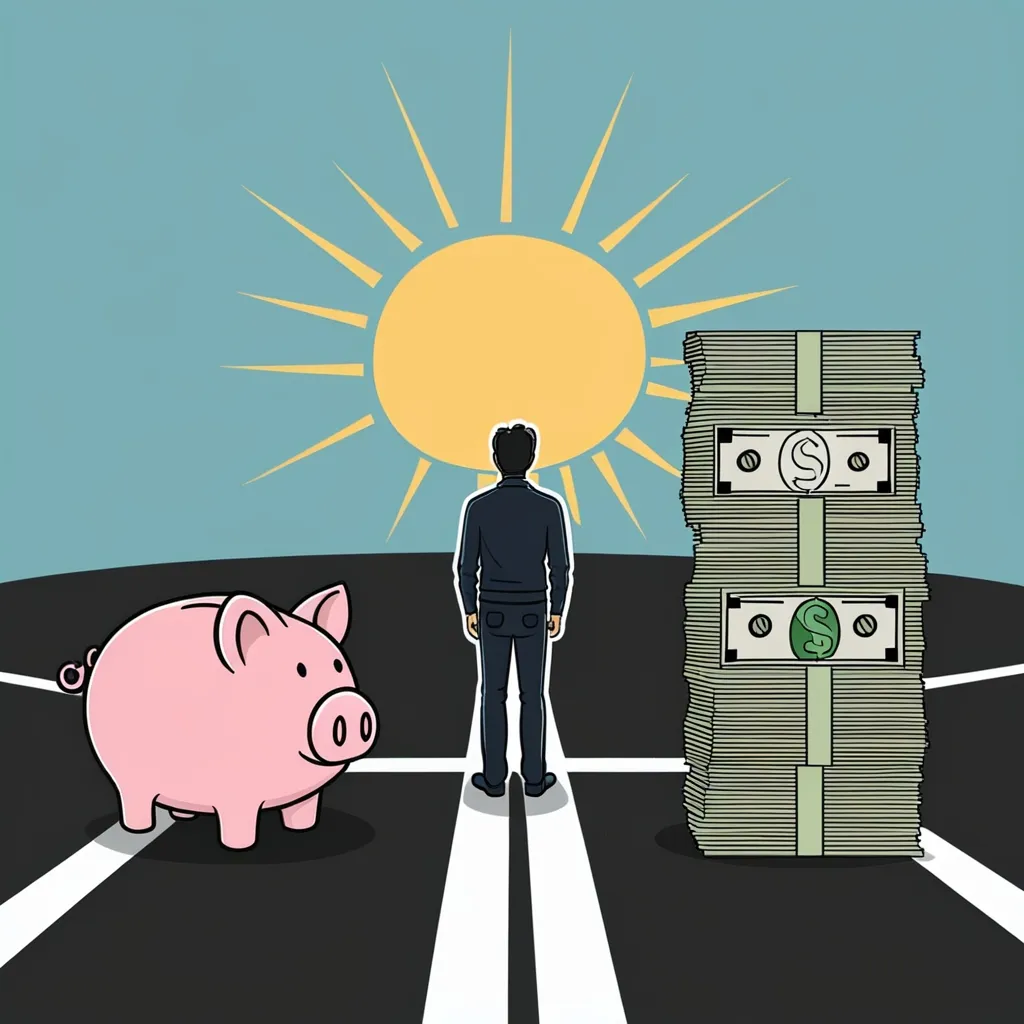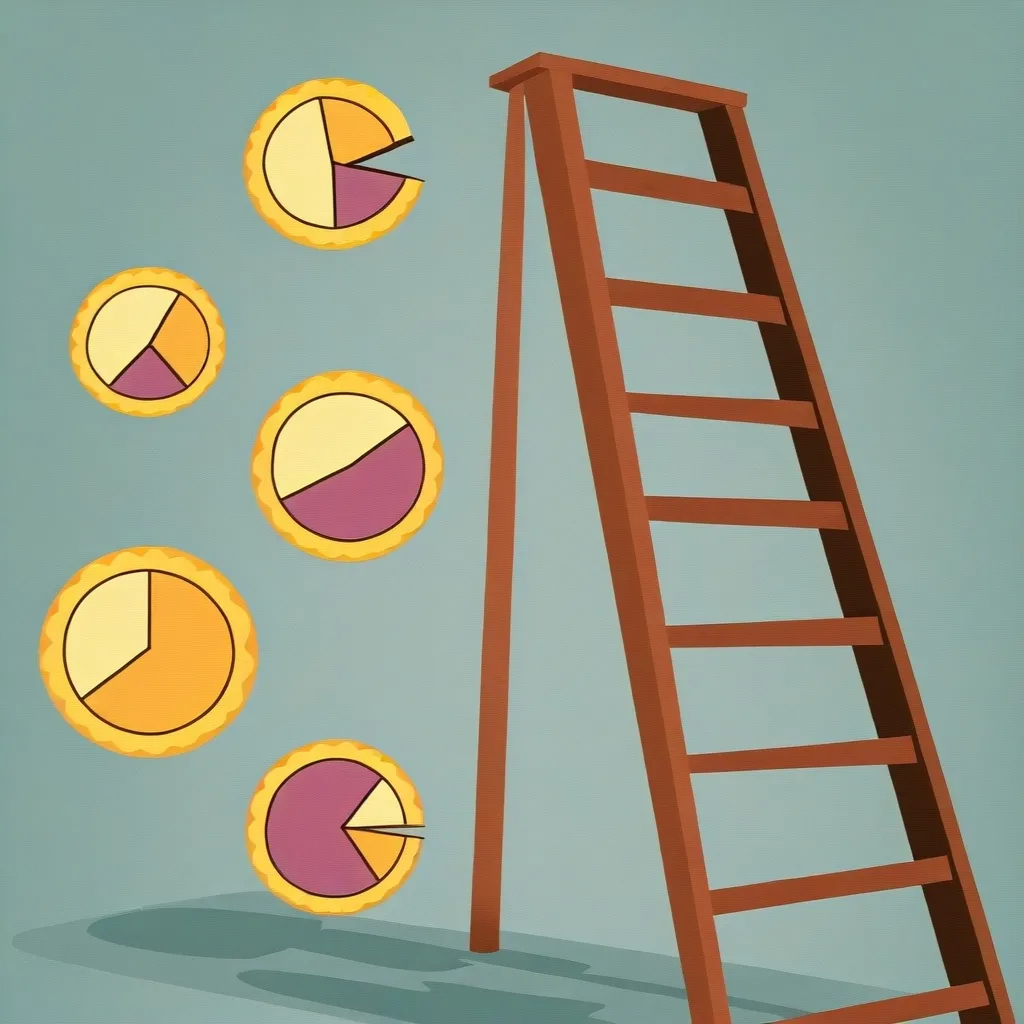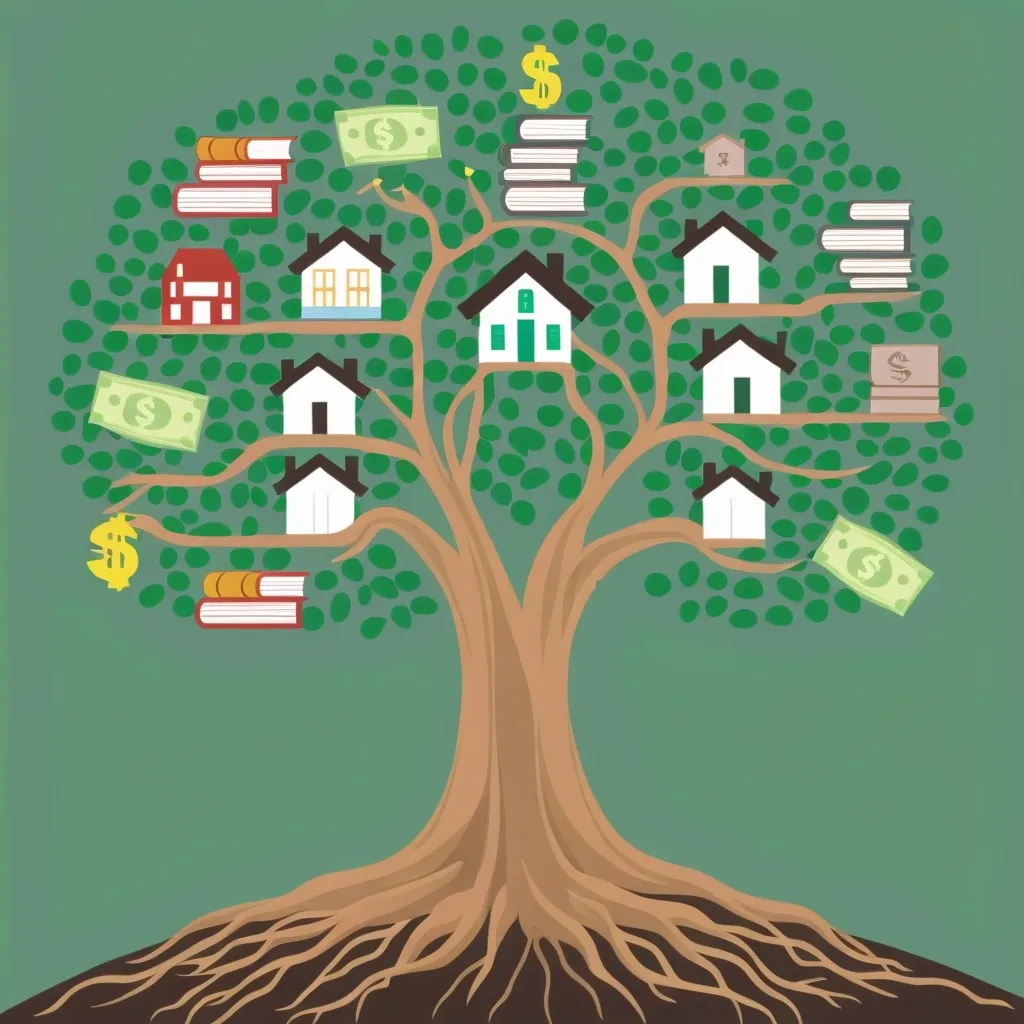The Debt vs. Investment Dilemma: Navigating Your Financial Future
Managing your money can feel like walking a tightrope sometimes. One of the biggest head-scratchers is figuring out whether to focus on paying off debt or investing your hard-earned cash. It’s not a one-size-fits-all kind of deal, and there’s a lot to consider.
Let’s start by breaking down the different types of debt you might be juggling. Credit card debt is usually the big bad wolf here. With interest rates that can make your eyes water (we’re talking 20% or even higher), it’s usually smart to tackle this beast first. Think about it - if your credit card is charging you 18% interest, you’d need to be a financial wizard to consistently make more than that through investments.
But not all debt is created equal. Your mortgage or student loans? They’re a different story. These usually come with much friendlier interest rates. If you’ve got a mortgage at 3%, it might actually make more sense to invest your extra cash instead of rushing to pay it off early. Why? Well, historically, investing in the stock market over the long haul has often beaten those kinds of interest rates.
Here’s a handy rule of thumb: the 6% rule. If your debt is charging you more than 6% interest, it’s probably a good idea to focus on paying that down before you start dreaming about your investment empire. This assumes you’ve got at least a decade before you want to retire and you’re not planning on putting all your eggs in one basket with your investments.
But here’s the thing - you don’t have to choose just one path. Many people successfully juggle both paying off debt and investing. It’s all about finding the right balance for your situation.
Before you do anything else, make sure you’ve got a little cushion for life’s surprises. An emergency fund of $1,000 to $2,000 can be a real lifesaver when your car decides to throw a tantrum or you need an unexpected trip to the dentist. Ideally, you want to work towards having enough saved to cover 3-6 months of expenses.
Next up, if your job offers a 401(k) match, don’t leave that free money on the table! Contribute enough to max out that match. It’s like getting a bonus just for saving for your future self.
Now, let’s talk about tackling that debt. Start with the ones charging you the most interest. Pay the minimum on everything else, but throw as much as you can at that high-interest debt. Once you’ve slayed that dragon, move on to the next highest interest rate, and so on.
Your personal goals and how you feel about risk play a big part in this decision too. If debt is keeping you up at night, paying it off might be worth more to you than potential investment gains. On the flip side, if you’re comfortable with some risk and you’re thinking long-term, investing might be your ticket to financial freedom.
Age is another factor to consider. If retirement is just around the corner, getting rid of debt might be your top priority. But if you’re young with decades ahead of you, investing early can really pay off thanks to the magic of compound interest.
Speaking of compound interest, let’s take a moment to appreciate how powerful it can be. Imagine you start putting away $500 a month when you’re 25 and keep it up until you’re 65. If you average a 7% return each year, you could be looking at a pretty sweet retirement fund. The earlier you start, the more time your money has to grow.
Your attitude towards risk is another piece of the puzzle. If the idea of losing money makes you break out in a cold sweat, you might prefer the certainty of paying off debt. But if you’re willing to ride the ups and downs of the market, investing in a mix of different things (that’s diversification, folks) could potentially earn you more in the long run.
Let’s bring this to life with a real-world example. Say you’ve got $5,000 on a credit card charging 18% interest, a mortgage at 4%, and your job offers a 401(k) match. Here’s one way you could tackle it:
First, focus on obliterating that credit card debt. It’s costing you an arm and a leg in interest.
Keep making your regular mortgage payments. No need to overpay here.
Put enough into your 401(k) to get the full match from your employer. Don’t leave free money on the table!
Once the credit card debt is history, you can decide whether to put more towards your mortgage or ramp up your investments.
At the end of the day, there’s no one-size-fits-all answer to the debt vs. investment question. It’s all about what works for you. Take a good look at your interest rates, think about your goals, and consider how much risk you’re comfortable with.
Remember, it’s often possible to work on both fronts - chipping away at your debt while also building your investment portfolio. The key is finding a balance that feels right for you.
Prioritize those high-interest debts, take advantage of any employer matching for retirement savings, and start investing as early as you can to make the most of compound interest.
Your financial journey is unique to you. Whether you decide to focus on debt, dive into investing, or do a bit of both, the most important thing is to have a plan that aligns with your goals and helps set you up for long-term financial success.
So take a deep breath, grab a cup of coffee (or tea, if that’s more your style), and start mapping out your financial future. It might seem daunting now, but future you will thank you for taking the time to figure it out. You’ve got this!






